Sigmund Freud One of the most influential characters in the history of psychology and even the whole of history. Freud’s theories are still discussed in many disciplines. However, Freud’s works may seem difficult for many readers because of the deep complexities and concepts. But with a proper planning and awareness of the key works, one can get into the Freudian psychology world. For this reason, we review the order of Freud’s books, especially for an unfamiliar interest.
In this article, how we are going to help you find the best ways to read Freud’s works and get the most out of them.
1. Starting with important and basic works
Freud’s works are very broad and include various topics of psychology, PsychoanalysisAnd even become theology. To get started, it is best to get acquainted with books that have been the founder of his theories. Here is a list of Freud’s famous and famous works:
Dream interpretation or interpretation of sleep (1)
«Interpretation of sleep»The original title of Die Traumdeutung was one of Freud’s personal favorite books and has become one of the classic works in psychology history.
In this book, Freud states his theory that dreams represent the unconscious aspirations that are hidden with symbols. If you want to learn more about Freud’s approach to dreams and the subconscious mind, you should read this book.
“Interpretation of Dream” is recognized as a classic among Sigmund Freud’s books because it is a fundamental text for psychoanalysis theories. This book offers many of his ideas about the subconscious, the interpretation of dreams, and the meaning of the hidden and explicit content of sleep.
The book of sleep interpretation is perhaps Freud’s most famous work. This book is a good starting point for anyone who wants to get acquainted with Freud’s ideas. This work is very important for understanding basic concepts such as subconscious and symbolism in psychoanalysis.
Hysteria studies (1)

The book “Studies on Hysteries” or Studen über Hysterie was jointly written by Freud and his colleague Joseph Bruyer. This book examines and studies a number of people who suffered from hysteria, including one of the most famous, a young girl named Anna A.
“Studies on Hysteria” is one of Sigmund Freud’s most important books because it has identified psychoanalysis as a treatment for mental illness.
Reading this book helps you learn about Freud’s first practical experience in psychoanalysis and understand the importance of this treatment.
Sigmund Freud’s Psychological Pathology (1)
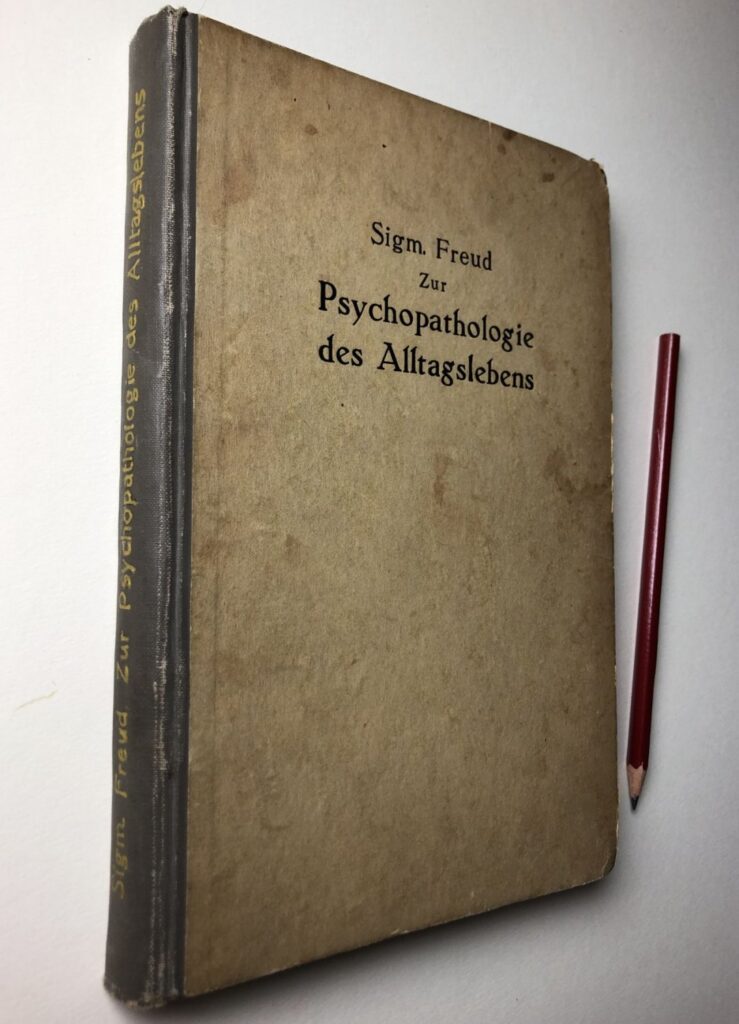
«Sigmund Freud’s Psychological PathologyZur psychopathologie des ALLTAGSLEBENS is one of the important texts that introduces Freud’s psychoanalysis theory.
This book examines many deviations in everyday life. Including the forgetfulness of names, linguistic slips (which are mistakenly “Freudian slip“They are called) and hidden memories. Freud then analyzes the underlying psychological analysis, what he believed would cause these errors.
If you are looking for a book from Freud to show how he applies his theories to real life, it is necessary to read “the psychology of the day -to -day life of Sigmund Freud”.
Studying this work can provide a better understanding of the concept of unconscious and its performance in everyday life.
2. Understanding Freud’s key concepts
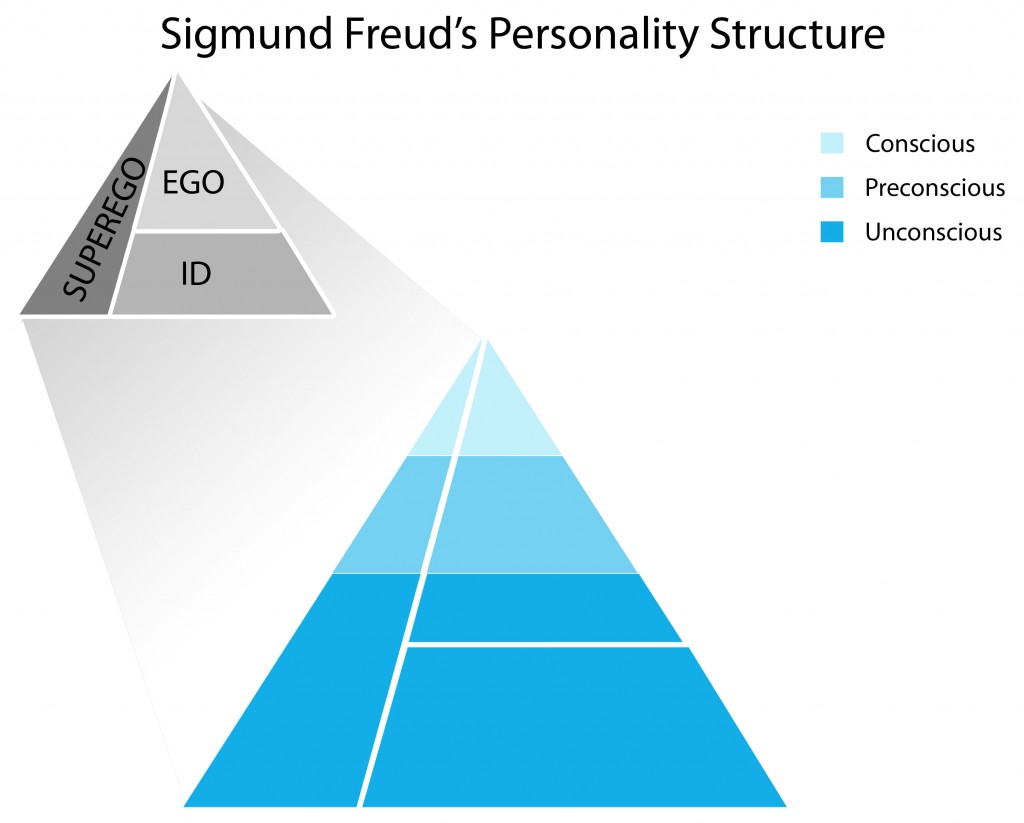
In order to be able to understand Freud’s works well, you need to know some of the key concepts in his theories. These concepts help you understand his complex theories better:
Unconscious
One of Freud’s main concepts is “unconscious”. Freud believed that most of the human behavior was influenced by unconscious thoughts and feelings, that is, things that one is not aware of, but still affect his or her behavior and decisions.
EgoSuprago and Eye
These three parts of the personality (Ego or themselves, the Supergo or the Fayeq, and the Come or the Entity) are the founder of many Freud’s theories. Ego is responsible for the coordination and balance between the demands (instincts) and the expectations of the suprago (ethics).
Oedipus
Oedipus is one of Freud’s most famous concepts that refers to the child’s subconscious emotional and sexual relationships with parents. Freud believed that the complex was created during the development of children, especially in boys.
Ego and Idea or Me and the Institution (1)
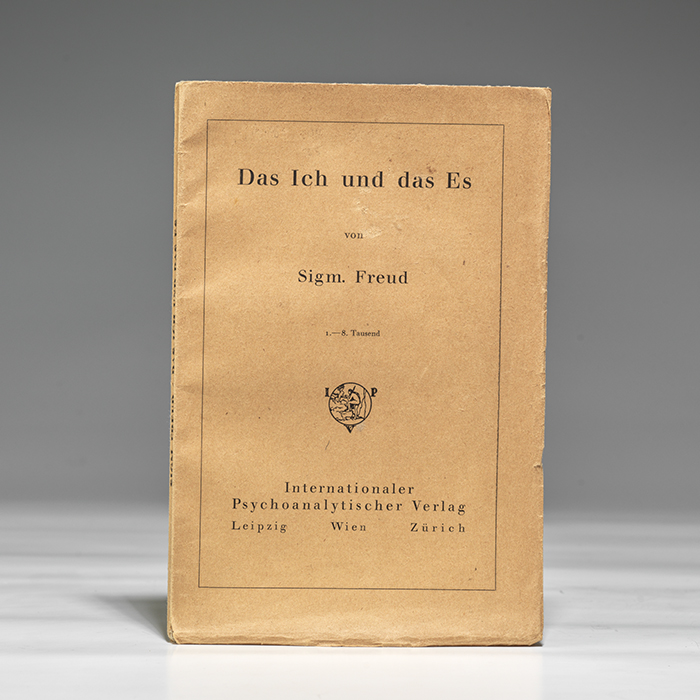
In the book Ego and Das Ich UCH ES ES Freud develops its sophisticated model (Idea, Ego and Suprago) and deals with the complex interaction of these three sections. This theory, known as the “mental structural model”, is a key concept in Freud’s psychoanalysis and is still recognized as one of the pillars of psychological theories.
This book is essential for anyone looking to understand Freud’s theories about the personality structure.
1. Reading more sophisticated and specialized works
After getting acquainted with the basic concepts, you can deal with Freud’s more complex and controversial effects that examine deeper and more specialized aspects of psychology and psychoanalysis:
Introduction to Psychoanalysis (1)
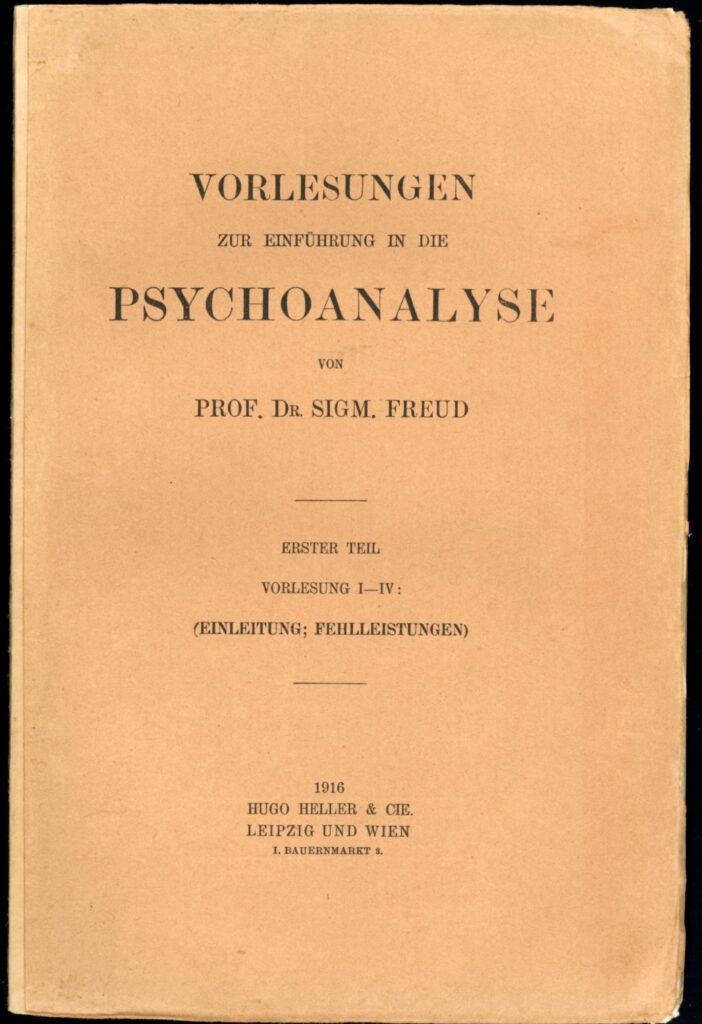
BookAn introduction to psychoanalysis»Or Vorlesungen Zur Einführung in Psychoanalyse, one of Freud’s most famous books. In this book, he expresses his psychoanalysis theory, including the subconscious mind, the idea of Norouz, and dreams.
This book is one of Freud’s key works that comprehensively deals with psychoanalysis theories and explains topics such as the subconscious, the Nowruz, and the dreams. If you intend to find a comprehensive understanding of psychoanalysis and its fundamental principles, an introduction to psychoanalysis should be one of your first books. This book is especially useful for those who want to be fully familiar with Freud’s treatments and how to run psychoanalysis.
Three treatises in sexual theory (1)
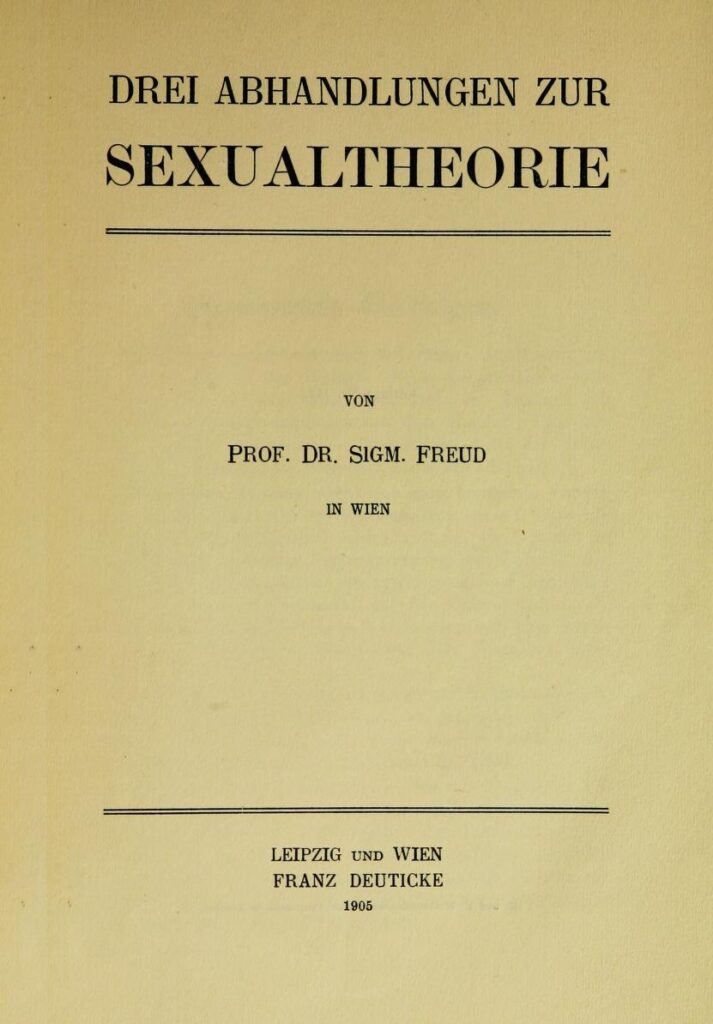
«Three treatises in sexual theory»Or Drei Abhandlungen Zur Sexualtheorie is one of Freud’s most important works. In these articles, he expresses his theory of psychoanalysis and introduces other concepts, including the Oedipus, jealousy of penis, and anxiety of penis defects.
While modern ideas about human gender are beyond Freud’s theories, reading this book can be a great way to get to know the basic thinking of psychoanalysis and better understand the changes in attitudes about gender in subsequent years.
In this book, Freud introduces his theories about psychoanalysis and gender -related psychological characteristics. This book is essential for those who want to study Freud’s view of sex.
Joke their relationship with the subconscious (1)
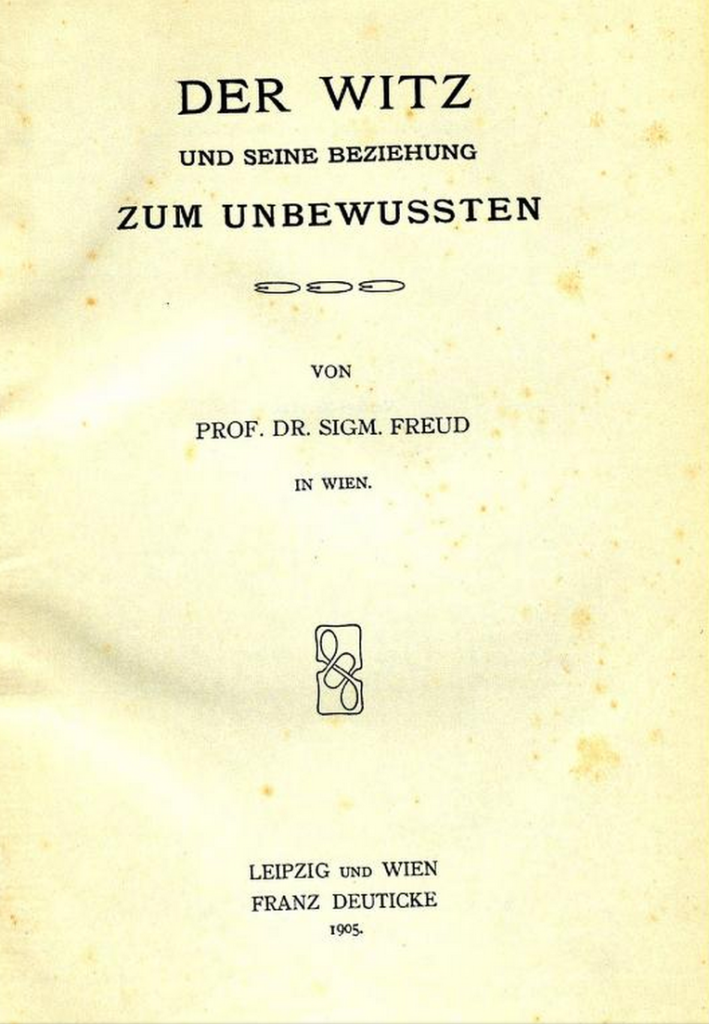
In the book “Joke their relationship with the subconscious“Or Der Witz und Seine Beziehung Zum Unbewußten, Freud says that jokes, like dreams, can be associated with unconscious aspirations, desires or memories.
Freud’s theory of humor is based on his theory of “come”, “Ego” and “Suprago”. According to Freud, Suprago allows Ego to make a joke and humor.
In this work, Freud examines jokes and humor from the perspective of psychoanalysis. He believed that jokes, like dreams, could represent the unconscious aspirations and desires. Reading this book helps you understand how unconscious feelings can appear in different aspects of human life (even jokes).
Tutorial and taboo (1)
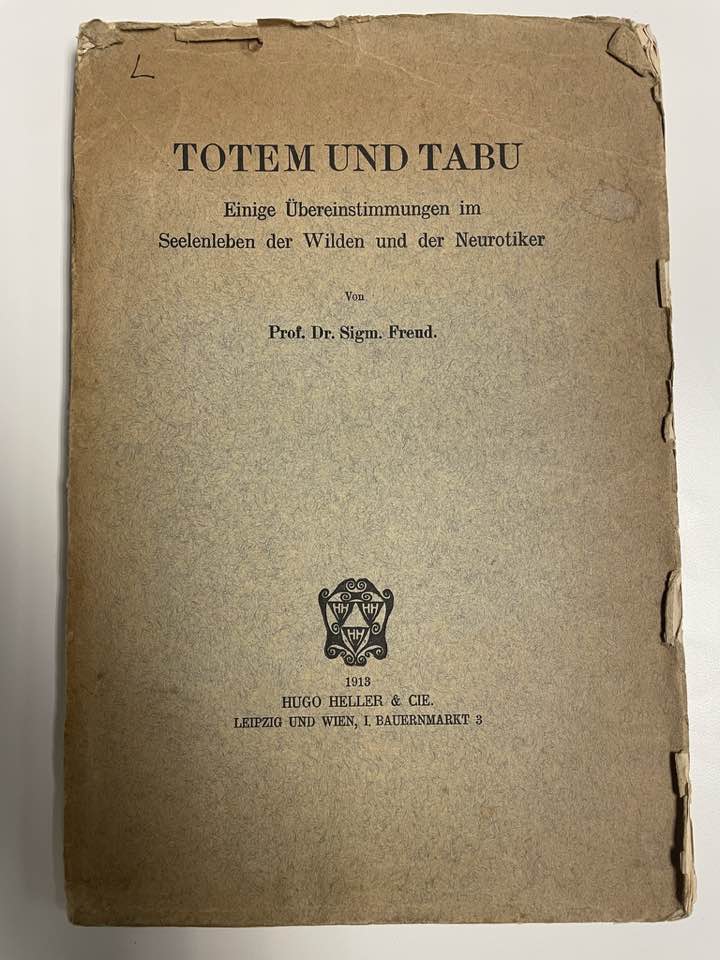
«Tutorial and taboo: Similarities between the mental life of the wild and the neurotics »or Totem und Tabu: Einige ü Beberinstimmungen IM Seelenben der Wilden U neurotker is a collection of four articles that apply psychoanalysis to other disciplines including religion, anthropology and archaeological.
About narcissism (1)
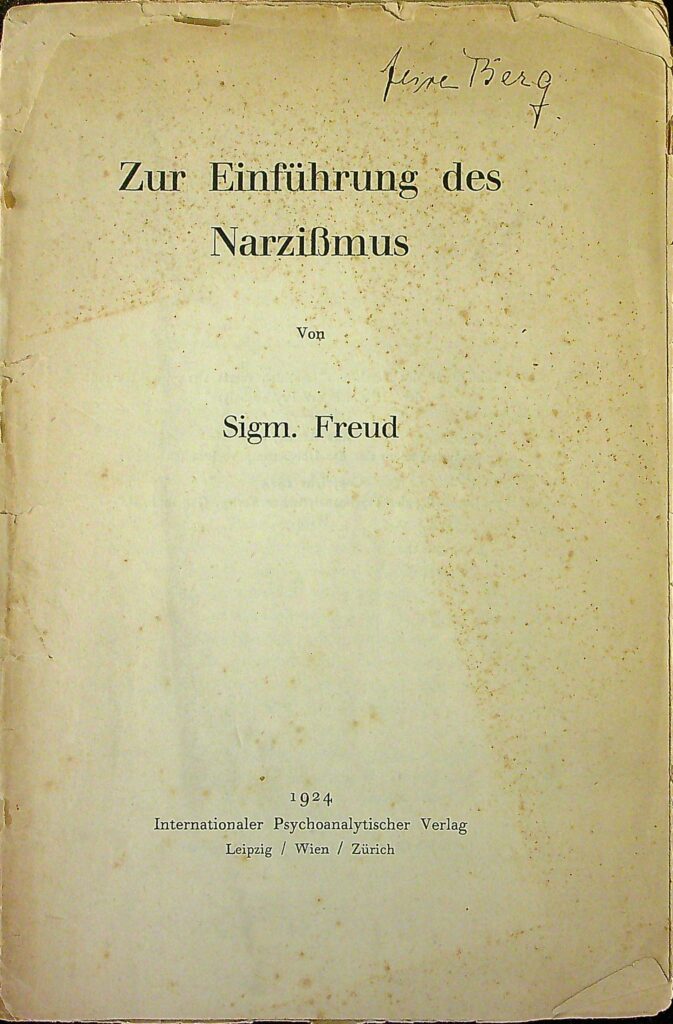
In Zur Einführung des Narzißmus, Freud expresses his theory of narcissism. In this book, he says that narcissism is actually a natural part of the human psyche. He calls this “early narcissism” that is the energy behind the instincts of survival in every individual.
This book contains four articles that Freud’s psychoanalysis apply to other areas such as religion, anthropology and archeology. If you are interested in Freud’s theories about the psychology of religion and culture, this book can be attractive to you.
1. Reading the next books and more advanced concepts
After reading Freud’s basic works, you can deal with his subsequent and specialized books that analyze more complex concepts in psychology.
Beyond the principle of pleasure (1)
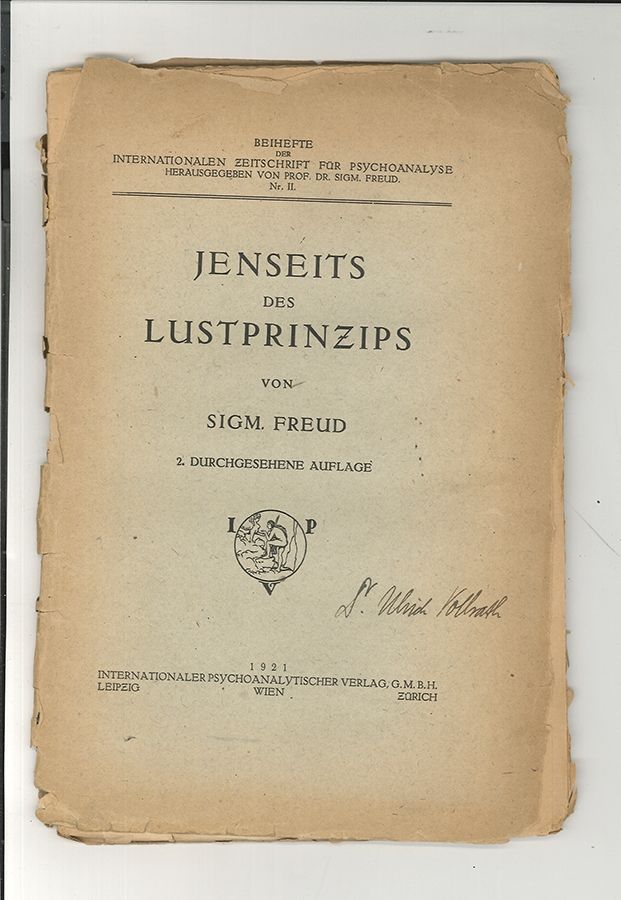
In the book “Beyond the principle of pleasure“Jenseits des Lustprinzips, Freud examines the theory of instincts more deeply. Previously, Freud had begun by identifying Libido as the force behind human actions. In this book, he put forward a theory of the instincts of life and death.
This book examines Freud’s theories about life and death. In this work, Freud analyzes a phenomenon called “Repeation Compulsion”, which refers to the human desire to repeat damaging and painful experiences.
The future of a fantasy(1)
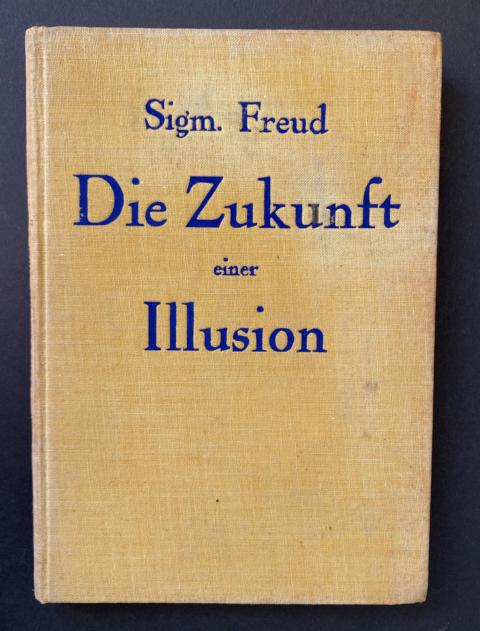
In ‘The future of a fantasy“Or Zukunft Einer Illusion, Freud examines religion from a psychoanalytic perspective. He believes that religious beliefs, such as a defensive mechanism, help man against existential anxiety and an image of a one Heavenly Father They offer that has a supportive role similar to that of parents in childhood. Freud predictions that with the growth of rationality and science, the role of religion in social control will be reduced because people learn to solve their problems based on wisdom and experience.
In this book, Freud analyzes religion from the perspective of psychoanalysis and describes it as a “illusion” created based on the psychological needs of human beings. If you are interested in studying Freud’s theories about religion, this book can be interesting to you.
The civilization and its boredom (1)
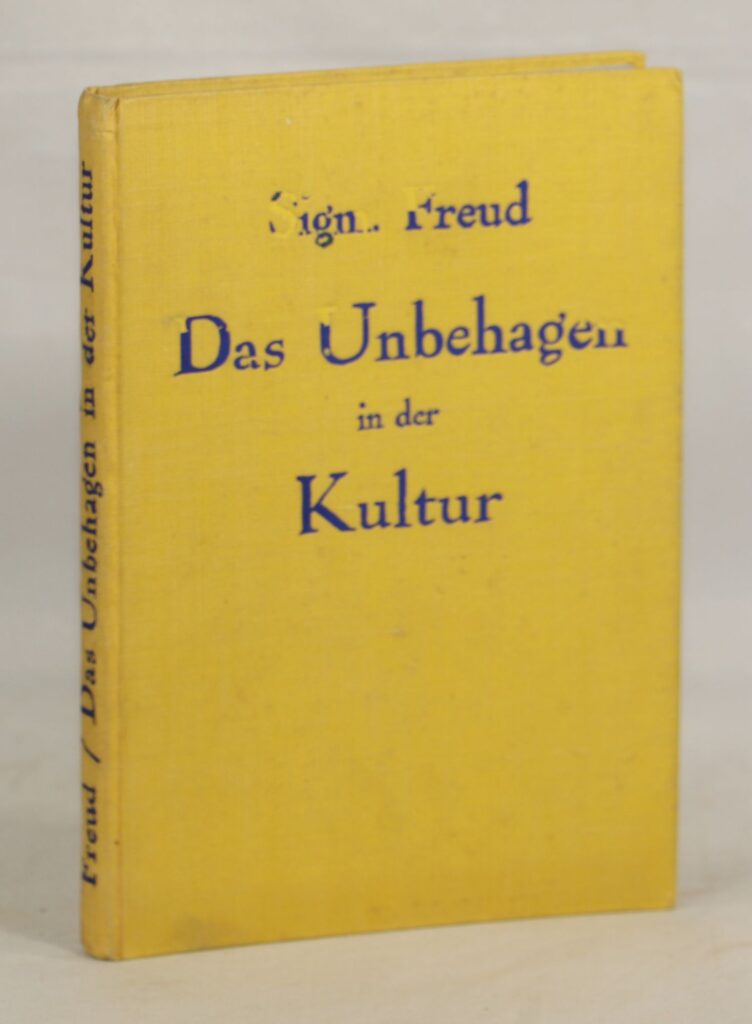
«Its civilization“Das unbehagen in der Kultur is one of the most important works by Sigmund Freud, published in Year 2. This book deals with the tension between the individual and the civilization and argues that civilization, to maintain social order, suppress the natural instincts of human beings such as sexual desire and aggression, but this repression causes internal discontent and anxiety. Freud also explores the concept of Thanatos and shows how suppression of instincts can lead to aggression and guilt. This work has had a great impact on modern sociology, philosophy, and modern critical theories.
In this work, Freud analyzes the tension between the individual and the community, pointing out that many human desires are in conflict with social requirements. Reading this book helps you find a better understanding of Freud’s views on civilization and social psychology.
Moses and monotheism (1)
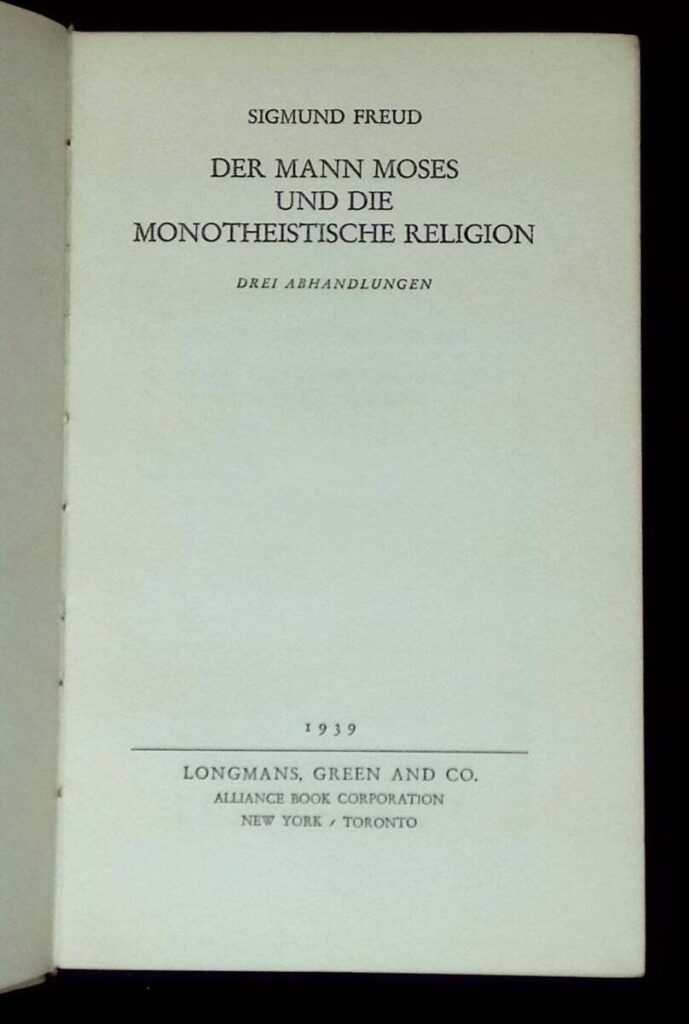
In the book “Moses and the monotheism”, Freud uses his psychoanalysis theory to present assumptions about past events. In this book, he suggests that Moses was not a Jew but an ancient Egyptian monotheism.
This book is Freud’s last great work in which he put forward theories about history and religion based on psychoanalysis.
1. Use of supplementary resources
To better understand Freud’s theories, it is very useful to study works by scientists and critics who interpret and analyze his theories. Some useful secondary sources are:
- “Freud and the Future of Illusion” (Freud and the Future of an Illusion) – By Richard Politer, which provides a comprehensive analysis of Freud’s view of religion and its role in the human psyche.
- “Freud and Philosophy” (Freud and Philosophy) – Paul Ricor, who provides a philosophical interpretation of Freud’s psychoanalysis and examines his impact on philosophy.
- “Freudian mind” (The Freudian Mind) – The written by Susan Bad, who reviews Freud’s views from a contemporary perspective and analyzes their relationship with other psychology schools.
- “Freud’s Introduction” (Introwucing Freud) – Written by Oskar Zari, which is a simple, visual book for understanding Freud’s core concepts.
- “Freud Criticism” (The Freud Critique) – A collection of critics of Freud’s theories that address the theoretical and empirical challenges of his ideas.
What do you think about reading Freud’s books?
Reading Freud’s works can be complicated and challenging, but by starting the original and basic books and getting to know his key concepts, you can easily achieve a deeper understanding of the ideas of this psychological figure. In addition, the study of various criticisms and reactions to his work also helps you find a more comprehensive view of Freud’s theories and their impact on psychology and society.
Where do you start or start studying Freud? What do you think about reading Freud’s books?
Written by translation: verywellmind , CulturelstudiesNow
Source Link
